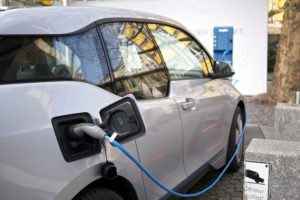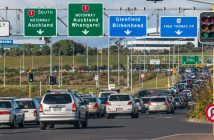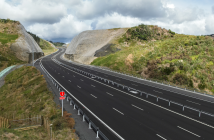A record number of electric cars were registered last month, while sales of new petrol and diesel-powered vehicles also increased.
Almost 280 electric vehicles were registered, the highest in a single month, the Energy Efficiency and Conservation Authority said.
New Zealand now has more than 3700 electric vehicles on the road.
The authority said it was “well on track” to reach its goal of 4000 electric vehicles registered by the end of the year.
New engine type definitions have also come into effect, allowing all types of electric-powered vehicles to be identified on the register.
The government and industry are pushing for more charging stations to help meet the government meet its target of 64,000 electric vehicle registrations by 2021.
The AA has said that charging an electric car costs the equivalent of 30 cents a litre, compared with over $2 a litre for petrol.
The surge in electric vehicle registrations followed a similar surge in sales of new petrol and diesel vehicles, which rose to a record in June.
A combination of cheap finance and an expanding population were boosted by the recent Fieldays event, where resurgent rural confidence spurred farmers to buy commercial vehicles.
Registrations of new vehicles climbed 17 per cent to 15,985 in June from the same month a year earlier, eclipsing the previous monthly record in October 2016 when 14,709 cars were registered, the Motor Industry Association said.
Passenger car sales rose 11 per cent to 10,181 and commercial vehicles surged 29 percent to 5,804 with strong demand at Fieldays.
“While the 2017 Agricultural Fieldays held at the beginning of June has boosted the volume of new vehicle sales for the month of June, low interest rates, strong net immigration, strong New Zealand currency and a healthy tourism market continue to underpin the sales of new vehicles,” MIA chief executive David Crawford explains.
Sales records have regularly been set over the past three years, with government figures showing vehicles, parts and accessories were the country’s biggest imported commodity, rising 16 per cent to $8.26 billion in the 12 months ended May 31.




